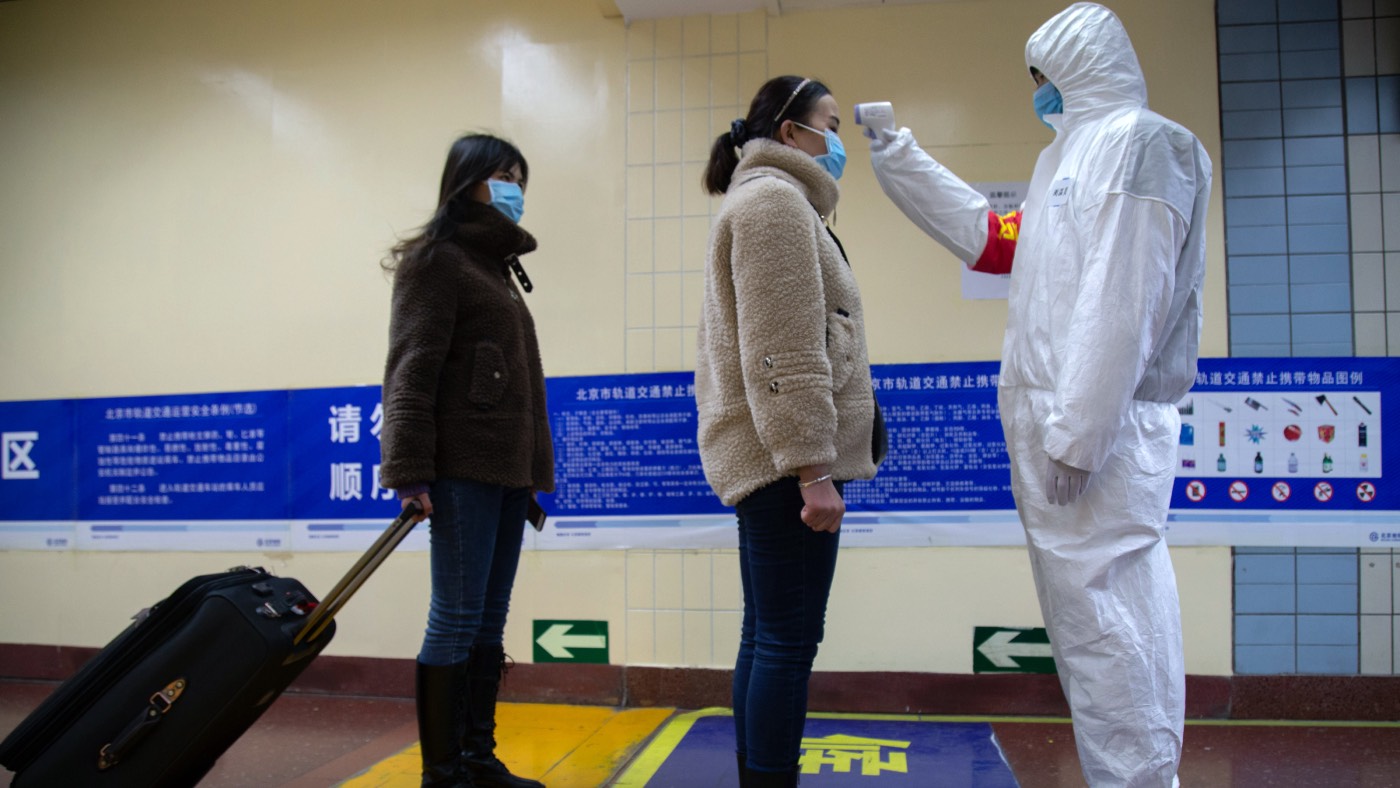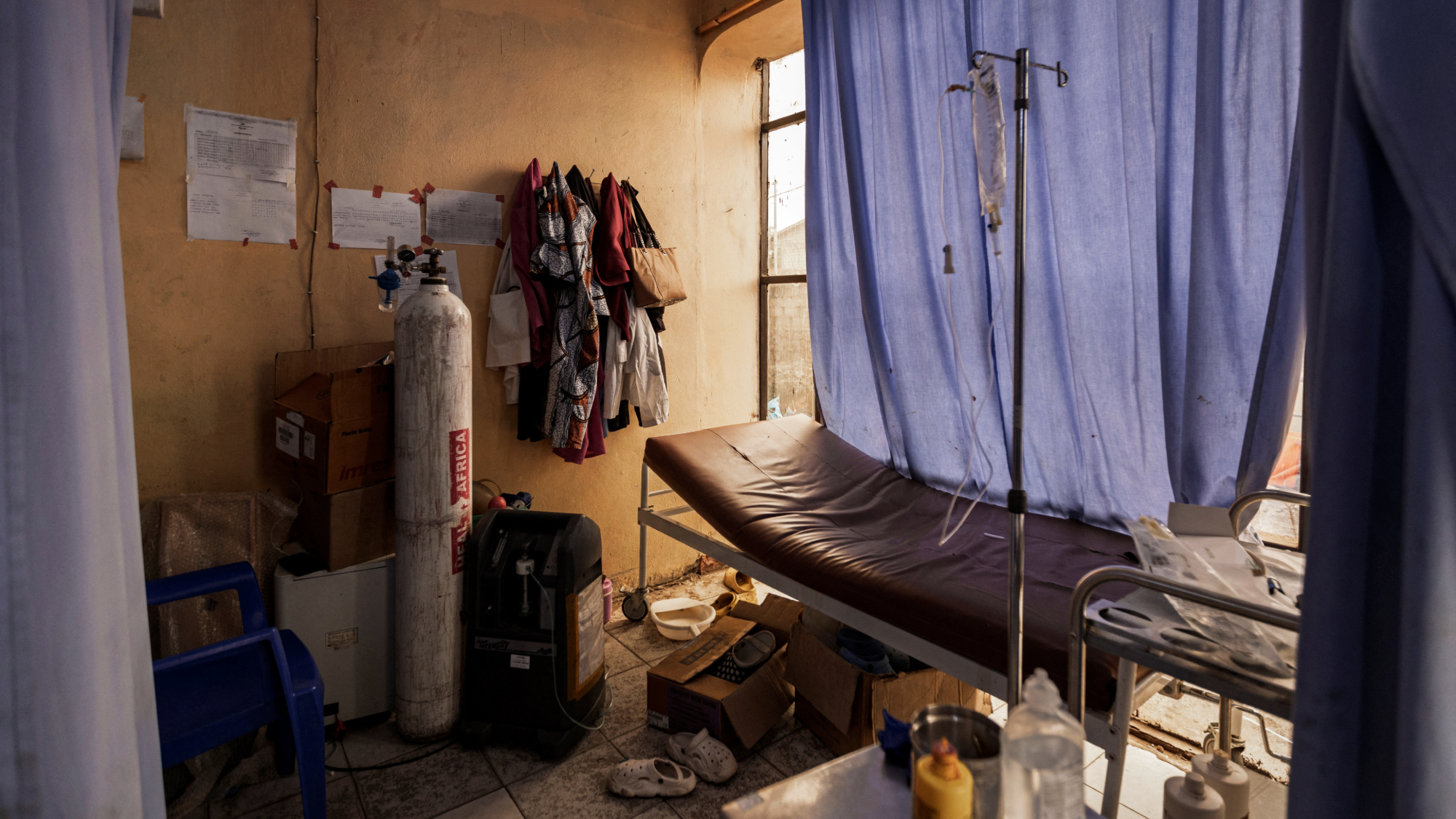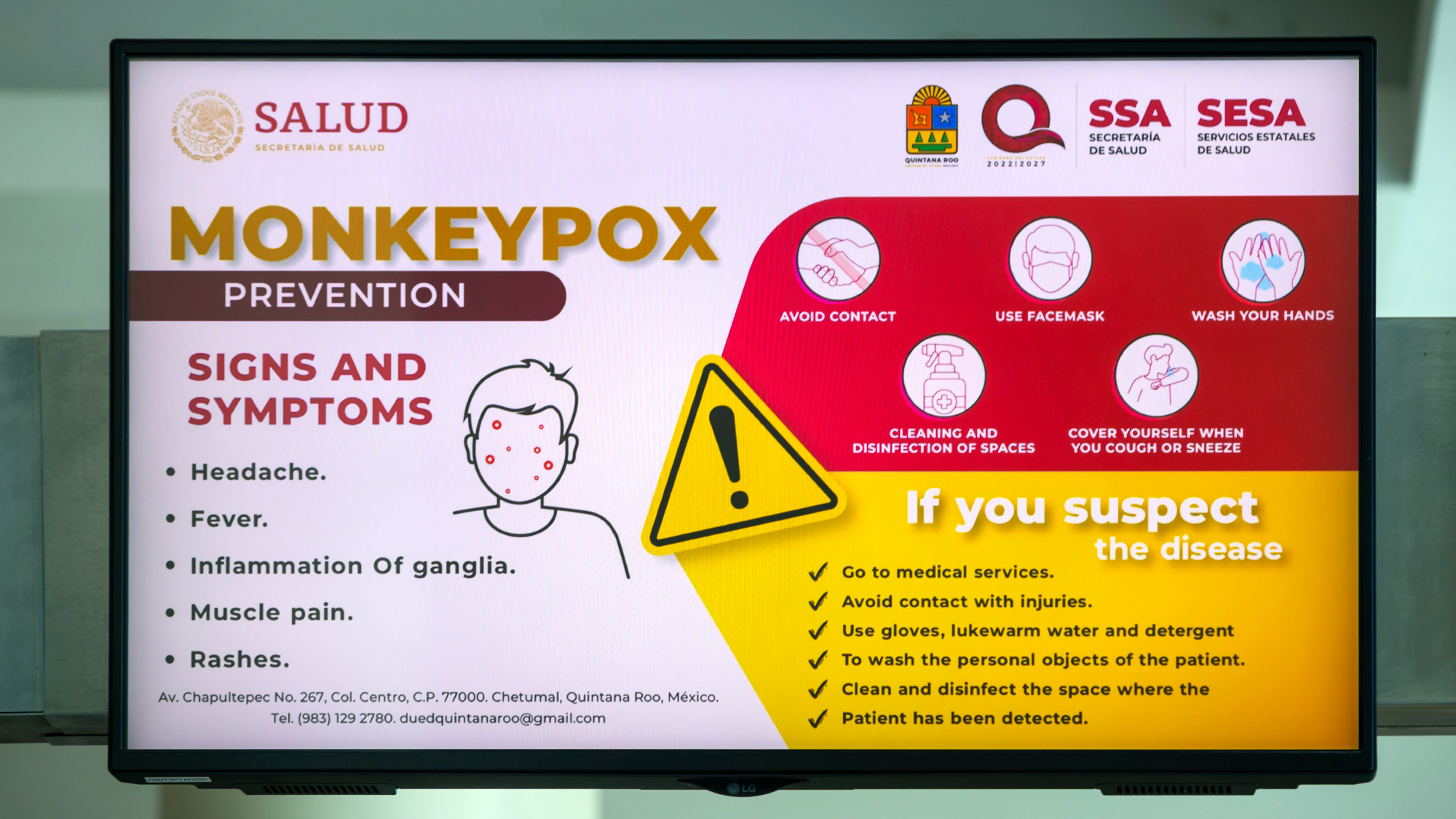Coronavirus declared a global emergency
Declaration allows World Health Organization to persuade nations to work harder

A free daily email with the biggest news stories of the day – and the best features from TheWeek.com
You are now subscribed
Your newsletter sign-up was successful
The World Health Organization has declared the new coronavirus to be a global emergency, as the outbreak continues to spread outside China.
“The main reason for this declaration is not what is happening in China but what is happening in other countries,” said WHO chief Tedros Adhanom Ghebreyesus.
At least 213 people have died in China from the coronavirus, with almost 10,000 cases identified across the country.
The Week
Escape your echo chamber. Get the facts behind the news, plus analysis from multiple perspectives.

Sign up for The Week's Free Newsletters
From our morning news briefing to a weekly Good News Newsletter, get the best of The Week delivered directly to your inbox.
From our morning news briefing to a weekly Good News Newsletter, get the best of The Week delivered directly to your inbox.
The WHO said there had been 98 cases in 18 other countries, but no deaths.
The WHO declares a Public Health Emergency of International Concern when it feels there is “an extraordinary event which is determined… to constitute a public health risk to other states through the international spread of disease”.
The Hill says the designation “pushes nations to work together as much as they can to coordinate personnel, funds and other valuable resources” and “helps in persuading residents in infected countries to abide by health and hygiene recommendations”.
It also allows WHO to put travel advisories in place for cities, regions and countries, such as those used in outbreaks like the 2003 SARS epidemic.
A free daily email with the biggest news stories of the day – and the best features from TheWeek.com
The WHO has only made such a declaration on five previous occasions: the Swine flu outbreak in 2009, a polio occurrence 2014, as Zika spread through the Americas in 2016, and two outbreaks of Ebola, in 2014 and 2019.
The BBC’s health and science correspondent James Gallagher said that declaring a global emergency allows the WHO to support lower and middle income countries to strengthen their disease surveillance.
He says that the 2014 Ebola outbreak in West Africa “showed how easily poorer countries can be overwhelmed by such outbreaks,” adding that if the “novel coronavirus” gets a significant foothold in such places then it would be “incredibly difficult to contain”.
Meanwhile, nearly 60 million people have been under partial or full lockdown in Chinese cities for a week. The UK, US, Japan, and several other countries are working to fly their citizens out of Wuhan, the epicentre of the outbreak of the virus.
The US has told its citizens not to travel to China. The State Department issued a level four warning - having previously urged Americans to “reconsider” travel to China - and said any citizens in China “should consider departing using commercial means”.
–––––––––––––––––––––––––––––––For a round-up of the most important stories from around the world - and a concise, refreshing and balanced take on the week’s news agenda - try The Week magazine. Start your trial subscription today –––––––––––––––––––––––––––––––
-
 Tourangelle-style pork with prunes recipe
Tourangelle-style pork with prunes recipeThe Week Recommends This traditional, rustic dish is a French classic
-
 The Epstein files: glimpses of a deeply disturbing world
The Epstein files: glimpses of a deeply disturbing worldIn the Spotlight Trove of released documents paint a picture of depravity and privilege in which men hold the cards, and women are powerless or peripheral
-
 Jeff Bezos: cutting the legs off The Washington Post
Jeff Bezos: cutting the legs off The Washington PostIn the Spotlight A stalwart of American journalism is a shadow of itself after swingeing cuts by its billionaire owner
-
 The new Stratus Covid strain – and why it’s on the rise
The new Stratus Covid strain – and why it’s on the riseThe Explainer ‘No evidence’ new variant is more dangerous or that vaccines won’t work against it, say UK health experts
-
 Mystery illness spreading in Congo rapidly kills dozens
Mystery illness spreading in Congo rapidly kills dozensSpeed Read The World Health Organization said 53 people have died in an outbreak that originated in a village where three children ate a bat carcass
-
 America is leaving WHO. What does that mean for public health?
America is leaving WHO. What does that mean for public health?Today's Big Question Trump orders the withdrawal
-
 No more bugging: how Egypt became certified malaria-free
No more bugging: how Egypt became certified malaria-freeUnder the radar It was a century-long effort
-
 Baby food is not as healthy as it should be
Baby food is not as healthy as it should beUnder the Radar Labels are leaving things out. And brands are highlighting only what they want to.
-
 Mpox: how dangerous is new health emergency?
Mpox: how dangerous is new health emergency?Today's Big Question Spread of potentially deadly sub-variant more like early days of HIV than Covid, say scientists
-
 WHO declares mpox a global health emergency
WHO declares mpox a global health emergencySpeed Read An outbreak of the viral disease formerly known as monkeypox continues to spread in Africa
-
 Have we defeated malaria?
Have we defeated malaria?The Explainer Roll-out of low-cost vaccine means a world free from disease that claims 600,000 lives a year 'finally within sight'